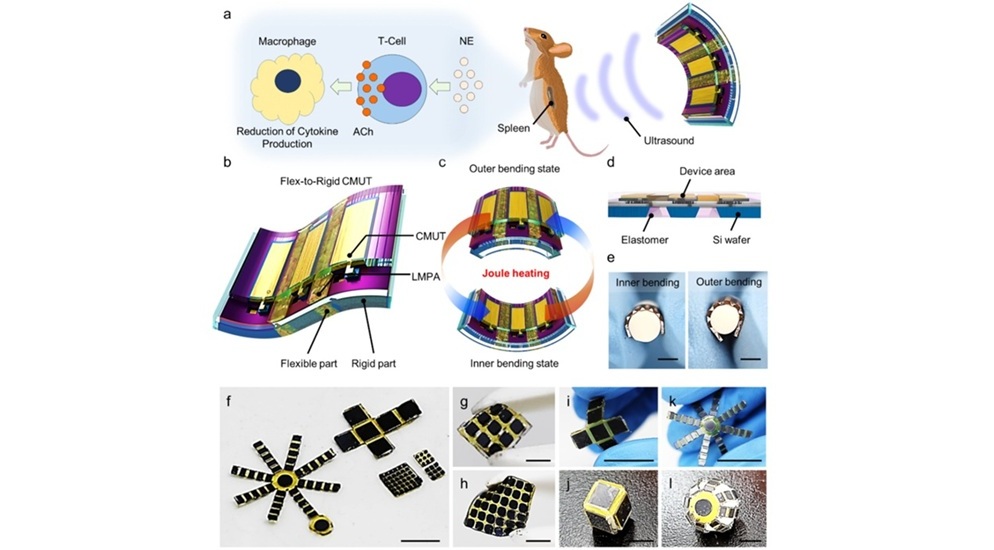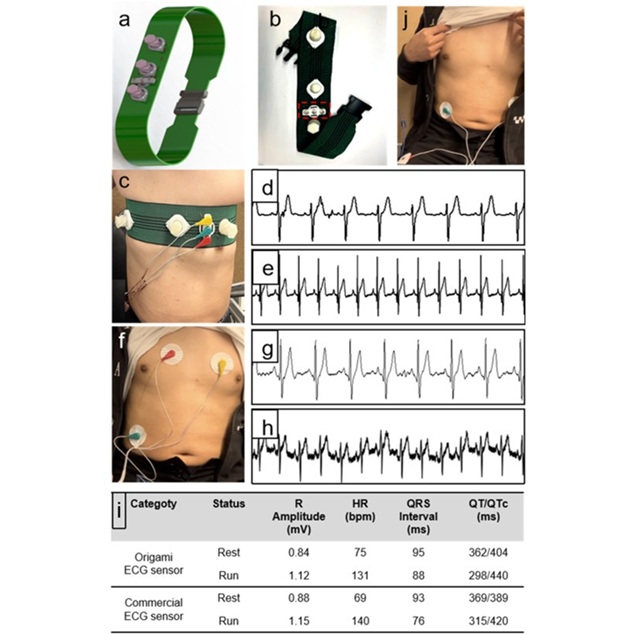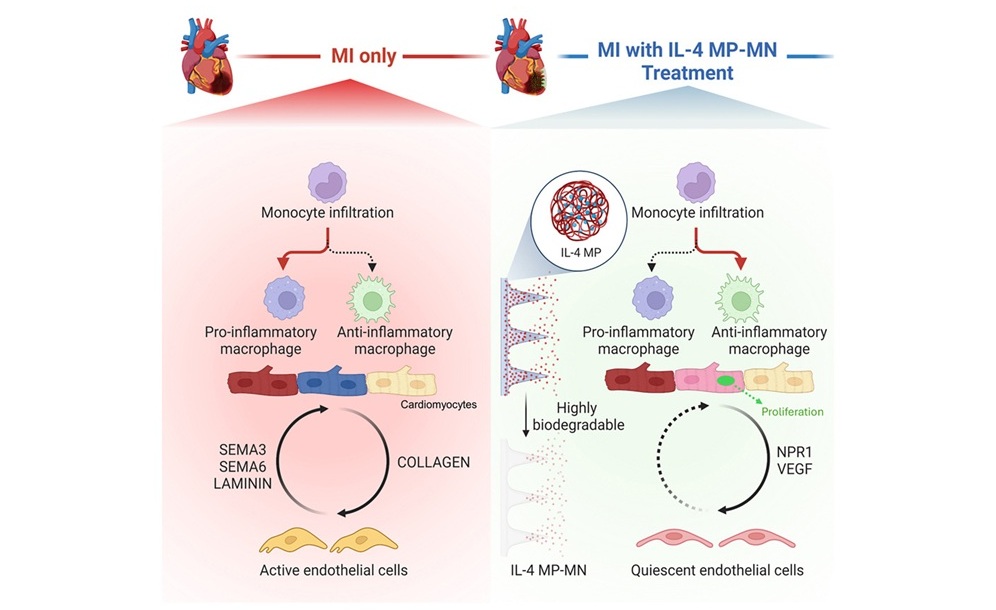Rapid PCR Testing in ICU Improves Antibiotic Stewardship
|
By HospiMedica International staff writers Posted on 07 Mar 2025 |

A collaborative study led by the University of Plymouth (Devon, UK) has shown that rapid polymerase chain reaction (PCR) testing in the intensive care unit (ICU) improved antibiotic stewardship compared to standard care, although it did not demonstrate non-inferiority in the clinical cure of pneumonia.
The INHALE WP3 trial, a multicenter, open-label, pragmatic randomized controlled trial, evaluated the impact of rapid, ICU-based syndromic PCR testing versus standard culture-based microbiological testing on antibiotic stewardship and clinical outcomes in hospital-acquired pneumonia (HAP) and ventilator-associated pneumonia (VAP) in the UK. The study involved 453 adults (median age, 61 years) and 92 children (median age, 7.5 months) with HAP or VAP, who were either about to begin empiric antibiotic treatment or have their current therapy modified. Participants were randomly assigned to receive either rapid syndromic PCR testing in the ICU or standard microbiological testing. The primary outcomes assessed were: superiority in antibiotic stewardship 24 hours after randomization, defined as the proportion of patients receiving appropriate and proportionate antibiotic therapy, and non-inferiority in clinical pneumonia cure at 14 days, which was defined as the absence of death, septic shock, pneumonia relapse, or other signs of ongoing infection.
Secondary outcomes included 28-day mortality, incidence of septic shock, changes in organ dysfunction scores, and antibiotic hypersensitivity. Published in Intensive Care Medicine, the study found that the intervention group achieved superior antibiotic stewardship compared to the control group (76.5% vs. 55.9%; odds ratio, 2.57; 95% CI, 1.77-3.73). However, non-inferiority in clinical cure was not demonstrated, with the intervention group showing a lower clinical cure rate at 14 days (56.7%) compared to the control group (64.5%). Furthermore, there were no significant differences between the groups regarding progression of organ dysfunction, 28-day mortality, or antibiotic-associated adverse events, including septic shock, severe antibiotic hypersensitivity, and secondary pneumonia.
"We recommend that use of syndromic PCR to narrow antibiotic therapy should be cautious. We do not advise modification of current prescribing strategies until further data are available," stated the researchers.
Latest Critical Care News
- Nanogel Technology Almost 100% Effective in Destroying Drug-Resistant Bacteria Within Hours
- Wearable Ultrasound Sensor Delivers Noninvasive Treatment Without Surgery
- Gel-Free ECG System to Transform Heart Health Diagnosis
- Biodegradable Patch Repairs Damaged Tissue After Heart Attack
- Magnetically Guided Microrobots to Enable Targeted Drug Delivery

- Smart Nanomaterials Detect and Treat Traumatic Brain Injuries Simultaneously
- Earlier Blood Transfusion Could Reduce Heart Failure and Arrhythmia in Heart Disease Patients
- 'Smart' Shirt Detects Epileptic Seizures in Real Time
- Skin Patch Measures Effectiveness of Flu/COVID Vaccines in 10 Minutes
- Complete Revascularization Reduces Risk of Death from Cardiovascular Causes
- Tiny Fish-Inspired Robots Navigate Through Body to Deliver Targeted Drug Therapy
- Coronary Artery Stenosis Could Protect Patients from Pulmonary Embolism Effects
- Sweat-Powered Sticker Turns Drinking Cup into Health Sensor
- Skin-Mounted 3D Microfluidic Device Analyzes Sweat for Real-Time Health Assessment
- New Therapeutic Brain Implants to Eliminate Need for Surgery
- Stem Cell Patch Gently Heals Damaged Hearts Without Open-Heart Surgery
Channels
Critical Care
view channel
Nanogel Technology Almost 100% Effective in Destroying Drug-Resistant Bacteria Within Hours
Antibiotic resistance is one of the most serious global health threats, driven by bacteria that evade treatment and form protective biofilms that shield them from drugs. Pathogens such as Pseudomonas aeruginosa,... Read more
Wearable Ultrasound Sensor Delivers Noninvasive Treatment Without Surgery
Wearable ultrasound devices have long struggled with low acoustic power and poor structural stability, limiting their use in high-resolution imaging and therapeutic applications. Conventional flexible... Read moreSurgical Techniques
view channelNovel Endoscopy Technique Provides Access to Deep Lung Tumors
Detecting lung cancer early can save lives, but diagnosing small tumors deep in the outer regions of the lungs remains a major clinical challenge. Although CT scans frequently identify tiny suspicious... Read more
New Study Findings Could Halve Number of Stent Procedures
When a coronary artery becomes acutely blocked during a heart attack, opening it immediately is essential to prevent irreversible damage. However, many patients also have other narrowed vessels that appear... Read morePatient Care
view channel
Revolutionary Automatic IV-Line Flushing Device to Enhance Infusion Care
More than 80% of in-hospital patients receive intravenous (IV) therapy. Every dose of IV medicine delivered in a small volume (<250 mL) infusion bag should be followed by subsequent flushing to ensure... Read more
VR Training Tool Combats Contamination of Portable Medical Equipment
Healthcare-associated infections (HAIs) impact one in every 31 patients, cause nearly 100,000 deaths each year, and cost USD 28.4 billion in direct medical expenses. Notably, up to 75% of these infections... Read more
Portable Biosensor Platform to Reduce Hospital-Acquired Infections
Approximately 4 million patients in the European Union acquire healthcare-associated infections (HAIs) or nosocomial infections each year, with around 37,000 deaths directly resulting from these infections,... Read moreFirst-Of-Its-Kind Portable Germicidal Light Technology Disinfects High-Touch Clinical Surfaces in Seconds
Reducing healthcare-acquired infections (HAIs) remains a pressing issue within global healthcare systems. In the United States alone, 1.7 million patients contract HAIs annually, leading to approximately... Read moreHealth IT
view channel
EMR-Based Tool Predicts Graft Failure After Kidney Transplant
Kidney transplantation offers patients with end-stage kidney disease longer survival and better quality of life than dialysis, yet graft failure remains a major challenge. Although a successful transplant... Read more
Printable Molecule-Selective Nanoparticles Enable Mass Production of Wearable Biosensors
The future of medicine is likely to focus on the personalization of healthcare—understanding exactly what an individual requires and delivering the appropriate combination of nutrients, metabolites, and... Read moreBusiness
view channel
Philips and Masimo Partner to Advance Patient Monitoring Measurement Technologies
Royal Philips (Amsterdam, Netherlands) and Masimo (Irvine, California, USA) have renewed their multi-year strategic collaboration, combining Philips’ expertise in patient monitoring with Masimo’s noninvasive... Read more
B. Braun Acquires Digital Microsurgery Company True Digital Surgery
The high-end microsurgery market in neurosurgery, spine, and ENT is undergoing a significant transformation. Traditional analog microscopes are giving way to digital exoscopes, which provide improved visualization,... Read more
CMEF 2025 to Promote Holistic and High-Quality Development of Medical and Health Industry
The 92nd China International Medical Equipment Fair (CMEF 2025) Autumn Exhibition is scheduled to be held from September 26 to 29 at the China Import and Export Fair Complex (Canton Fair Complex) in Guangzhou.... Read more
















